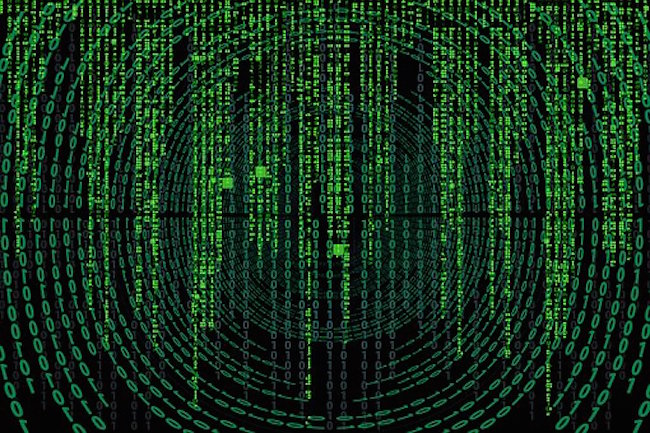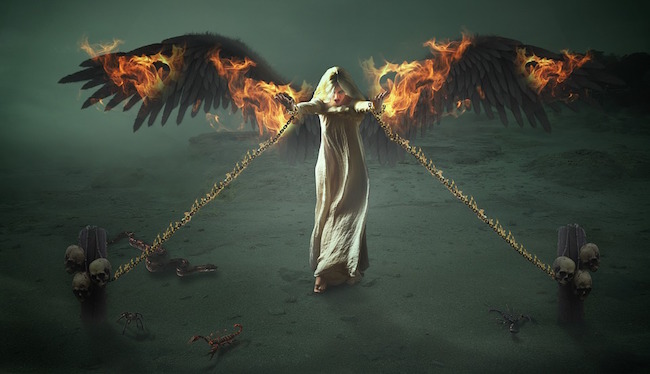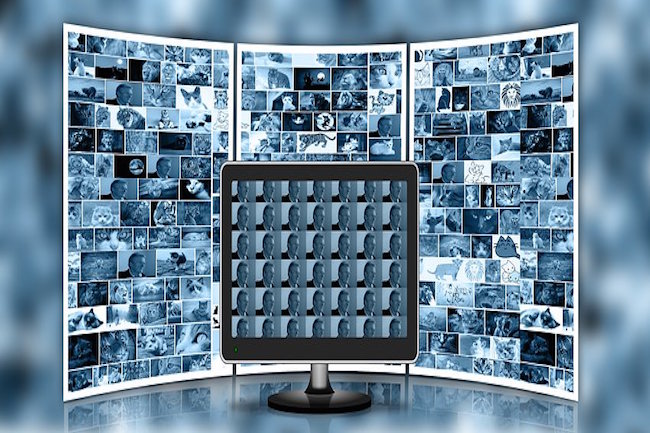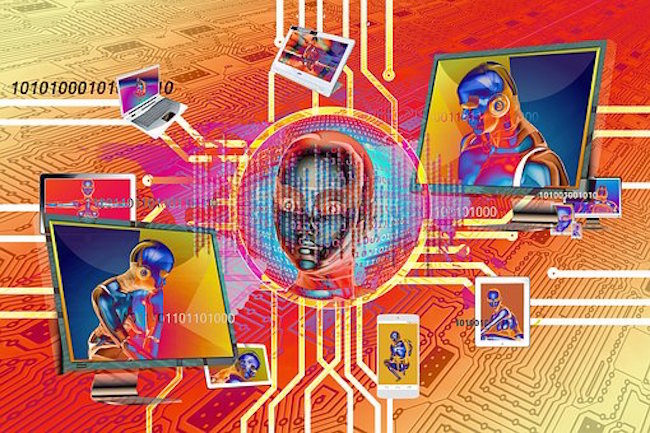AI, PATENTS, AND PERSONHOOD by Dr Joseph P Farrell for Giza Death Star
This article was spotted and shared by a regular reader here who wishes to remain “initials anonymous,” so I will simply say thank you to “X” for spotting this one and sharing it with us, because if you’re been following the AI and robot stories, you’ll be aware that it’s already been proposed that robots be recognized as legal persons. Indeed, former Assistant Secretary of Housing and Urban Development, Catherine Austin Fitts, has suggested in some of her recent Solari Report quarterly wrap-ups, that what is really behind all the transgenderism nonsense is really about recognizing robots as persons, so that any work or labor they perform can be taxed.
Well, now you can add AI to this legal tangle, as people in the U.K. are now trying to argue that ideas created by AI algorithms are patentable:
Scientists Are Trying to List AI as the Inventor on a New Patent
Note the implications of these remarks from the article:
Scientists and lawyers from the U.K. are fighting with patent offices in three separate countries over who deserves credit for new inventions churned out by artificial intelligence algorithms.
Legal experts and American engineer Stephen Thaler, the inventor of an algorithm named Dabus AI, have filed for patents in the U.K., Europe, and the U.S. in Dabus’ “name,” arguing that the algorithm deserves proper attribution for designing new products, according to BBC News. But the patent offices have pushed back, as traditionally legal rights go to humans. It’s an unusual disagreement that illustrates how our legal systems are unprepared to accommodate new, emerging technologies.
The scientists believe that Dabus AI deserves legal credit as the inventor of the fractal-based easier-to-grasp food container that it designed, as well as a lamp that it built to flicker in a pattern that mirrors brain activity. Then, legal rights over the creation should go to whomever actually built the algorithm in question.
As it stands, the person behind Dabus AI has no legal claim to a patent on the algorithm’s inventions.
…
The problem with their case, though, is that even the world’s best AI systems are merely tools — they’re not alive or sentient, and they’re not actually “creative” as a person might be. (Emphasis added)
As “X” put it in the email accompanying the article: this implies that if any patent rights were to be granted under U.K. patent law, that it would probably be via some route recognizing the AI algorithm as an extension of the human person behind its design and use, and that in turn implies an extension de jure in re (in the reality of law) of the notion of personhood. We’re thus in uncharted territory of jurisprudence here, since this idea is rather different than the idea of the corporate persona ficta in law. The alternative, i.e., that an AI itself, gains for itself a right in law to patent inventions, would seem to confer a legal recognition of its personhood, and this too becomes highly problematic, for this would seem to allow an AI to pursue litigation. But how would that work in an actual court? Would it have the same rights to represent itself pro se or in the standard way via legal counsel (and for that matter, could that counsel itself be an AI?) And if this route is pursued, would it allow several AIs to form a corporation?




